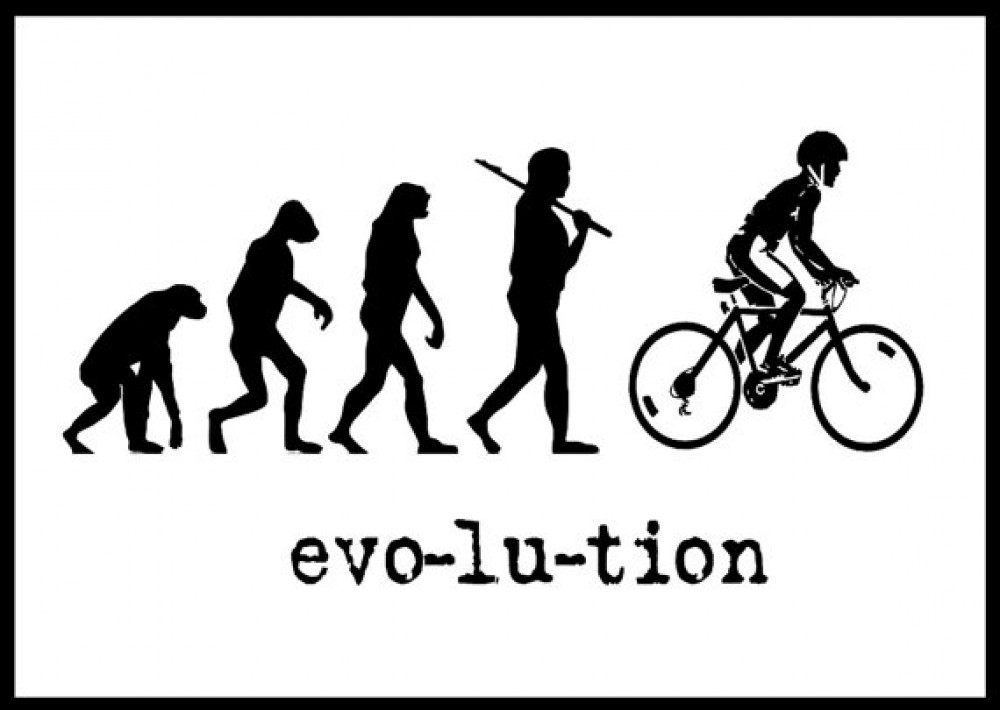In the last 30 years average BMI and the prevalence of obesity (definied as above a BMI of 30 or the 95th percentile for children) has risen worldwide (Wright and Harwood 2009). Culturally we have reacted to this phenomenon with acceptance yet alarm (Wright and Harwood; Guthman 2010); constructing obesity as an epidemic (Moffat 2010) and calling it one of the greatest public health concerns of our time (Guthman 2010). This social stance has driven the science of obesity from unbiased inquiry to that of stigma and fear. This stigma, which has existed historically in Western societies (Gillman 2009) and is growing worldwide (Brewis et al. 2010), is evident in the way obesity is approached and studied in the medical literature. As stigma is culturally constructed, obesity as a phenomenon is best characterized as biocultural; a term with describes an approach which attempts to define the space in which biology and culture inform one another dialectically (Ritenbaugh; Goodman and Leatherman). With this framework, we will examine what has recently surfaced in the biomedical literature as healthy obesity, metabolically healthy obese (MHO) and the “obesity paradox” (refs). We argue that this phenomenon cannot be considered without understanding the cultural politics of obesity as it has developed in the past few decades, which has precluded researchers from questioning how we define, clinically treat, and culturally view obesity as a diseased state.
Since 2006, a significant amount of academic literature has been published endorsing the idea of healthy obesity (Denis and Obin 2012). This contention suggests that up to 30% of individuals are categorized, according to BMI cut-offs, as obese, yet they do not possess the major health risks that are associated with an excess of fat (Primeau et al 2010). This group has been even further defined as the metabolically healthy obese (MHO), made up of individuals who are “enigmatically immune” to obesity related disease (Bluher 2012, pg. #?). Obesity research has also uncovered further inconsistencies with the discovery of the obesity paradox, a phenomenon where excess fat, in some circumstances, may be advantageous in mitigating health risk (Amundson, Djurkovic and Matwiyoff 2010). These inconsistencies are not the product of biological mis-steps but are born, as we argue, of the cultural politics of obesity.
These inconsistencies begin with the way obesity is defined, and also include the way in which it is studied and measured. As such, body mass index (BMI) will be examined, and its perpetuation as a tool used in obesity studies will be questioned. The concept of the Metabolically Healthy Obese (MHO) will be introduced and challenged as an appropriate interpretation of recent research. The ‘Obesity Paradox’ will also be briefly examined and be criticized with respect to its premise. We will aslso consolidate and validate these several mis-steps as a product of cultural influence and therefore suggest how they remain confusing when tackled solely through a biological lens. A framework will also be proposed – one that emphasizes the life course approach, which may be better equipped to manage the social, cultural and biological aspects of obesity as a chronic condition.


Thanks for sharing this. A suggestion: perhaps move all your road-mapping to the end, and use your first two paragraphs to really draw the reader in to this interesting paradox you are pointing out (the “crisis”, and the recognition of healthy obesity).
Hi,
Thanks for the suggestion. I think the last paragraph is pretty much all road mapping, but there are some subtle road signs in first two. They could certainly be re-worded and put in the 3rd paragraph. I definitely think I could do some more “roping in”and it would make the introduction more effective. In the rough draft so far im really trying to get the points and references that I feel set the “cocktail party”
thanks, JL